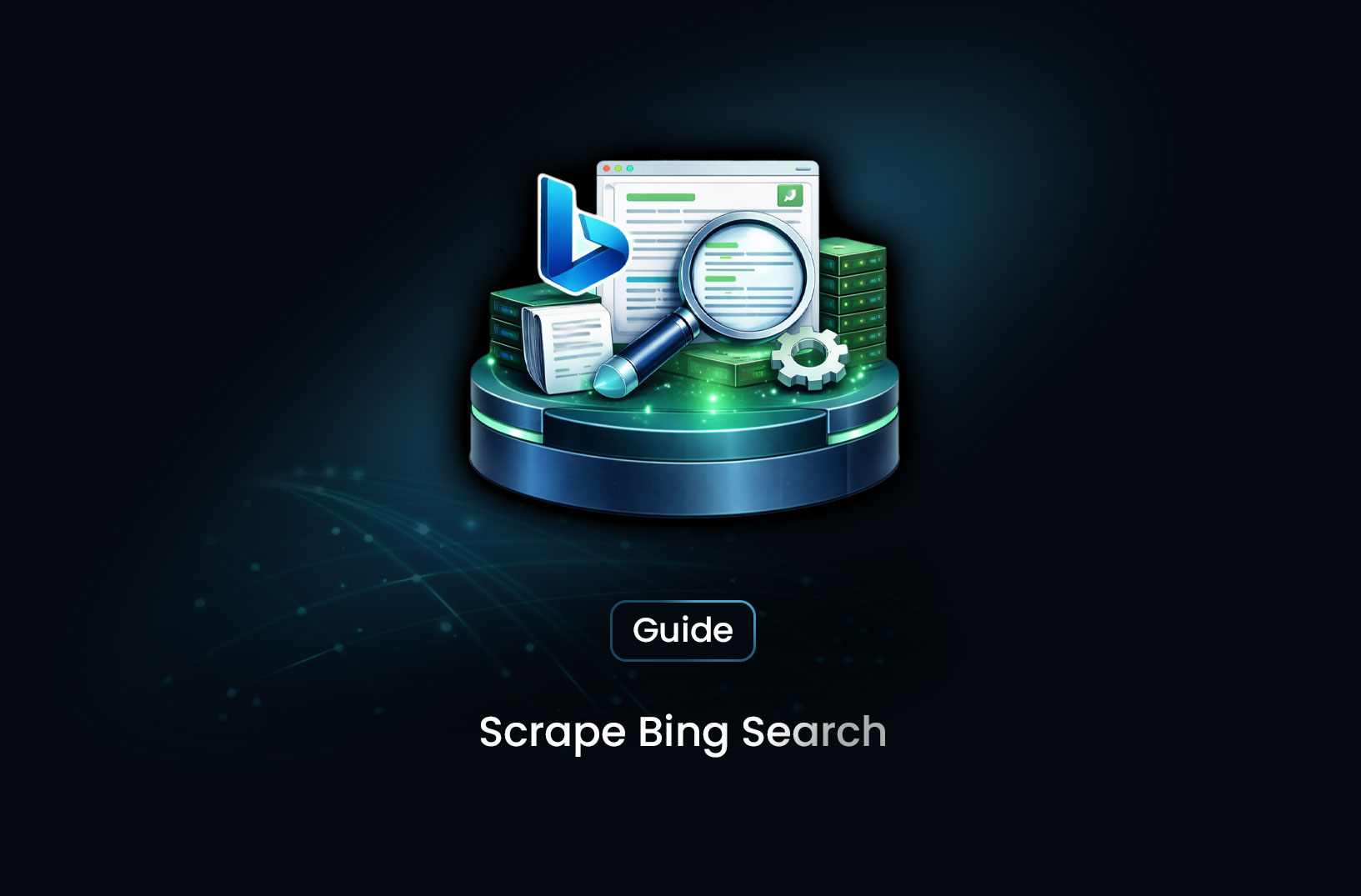
Rotating Proxy Setup and Use Case
ArticleA rotating proxy is a type of proxy server that assigns a new IP address from a pool of IPs for every request or after a specified period. This feature makes it ideal for web scraping, data mining, and other activities that require anonymity and avoid IP bans.
What is a Rotating Proxy?
A rotating proxy is a type of proxy server that assigns a new IP address from a pool of IPs for every request or after a specified period. This feature makes it ideal for web scraping, data mining, and other activities that require anonymity and avoid IP bans.
Rotating proxies are widely used for tasks where multiple requests to a target website are necessary, as they help mimic human behavior and evade detection mechanisms.
Key Features of Rotating Proxies
- IP Rotation: Automatically changes IP addresses for each request or session.
- Geo-Targeting: Provides access to IPs from specific countries or regions.
- High Scalability: Supports large-scale data collection tasks.
- Improved Anonymity: Masks the origin of requests by cycling through IPs.
- Reduced Risk of Bans: Prevents websites from blocking repeated requests from the same IP.
Why Use a Rotating Proxy?
Rotating proxies are essential for:
- Web scraping and crawling dynamic websites.
- Accessing geo-restricted content.
- Avoiding detection and blocking during high-frequency data extraction.
- Performing SEO audits or competitive analysis at scale.
Technical Setup
Here’s how to configure and use a rotating proxy:
Manual Configuration
- Obtain a Rotating Proxy Service
- Purchase from providers like Bright Data, Oxylabs, or Smartproxy.
- Set Up Proxy in Your Tool
- Integrate the proxy into your scraping tool or browser by entering the proxy details (IP, port, username, and password).
Using Rotating Proxies with Python
Rotating proxies can be seamlessly integrated into Python scripts using libraries like requests or selenium.
Example with requests:
import requests
# List of proxy servers
proxies = [
"http://username:password@proxy1_address:port",
"http://username:password@proxy2_address:port",
"http://username:password@proxy3_address:port",
]
# Function to fetch a URL with a rotating proxy
def fetch_url_with_proxy(url):
for proxy in proxies:
try:
response = requests.get(url, proxies={"http": proxy, "https": proxy}, timeout=10)
print("Response IP:", response.json())
return response
except requests.exceptions.RequestException as e:
print(f"Error with proxy {proxy}: {e}")
# URL to fetch
url = "https://httpbin.org/ip"
fetch_url_with_proxy(url)
Example with Selenium:
from selenium import webdriver
from selenium.webdriver.chrome.options import Options
# List of rotating proxies
proxies = [
"proxy1_address:port",
"proxy2_address:port",
"proxy3_address:port"
]
# Set up Chrome options
options = Options()
options.add_argument("--headless")
# Iterate through proxies
for proxy in proxies:
options.add_argument(f"--proxy-server={proxy}")
driver = webdriver.Chrome(options=options)
driver.get("https://httpbin.org/ip")
print(driver.page_source)
driver.quit()
Use Case: Large-Scale E-Commerce Data Scraping
Problem
Scraping product data from a popular e-commerce site often triggers IP bans due to high request frequency.
Solution
Implementing rotating proxies ensures each request originates from a different IP, avoiding detection and enabling uninterrupted data extraction.
Step-by-Step Implementation
- Acquire Rotating Proxies:
- Purchase proxies optimized for web scraping.
- Integrate with Scraper:
- Use libraries like requests or selenium to rotate proxies programmatically.
- Implement Randomization:
- Randomize user agents and request intervals to mimic human behavior.
- Monitor Performance:
- Track response times and errors to optimize proxy usage.
Result
Using rotating proxies allows for the successful extraction of large volumes of data while maintaining anonymity and avoiding bans.
Best Practices for Rotating Proxies
- Avoid Free Proxies: Opt for paid, reliable proxy services to ensure speed and security.
- Monitor IP Usage: Rotate proxies frequently to prevent detection.
- Respect Rate Limits: Adhere to the target site’s rate limits to avoid triggering anti-scraping mechanisms.
- Use Headers: Send appropriate HTTP headers like user-agent to blend in with regular traffic.
Conclusion
Rotating proxies are invaluable for tasks that require large-scale data extraction while maintaining anonymity and avoiding detection. By integrating rotating proxies into your workflow, you can efficiently scrape and access restricted content.
For advanced scraping and automation needs, consider using Mrscraper. It integrates seamlessly with proxy services to provide a robust data extraction solution.
Find more insights here

Scrape Bing Search: A Practical Technical Guide
Bing scraping blocked? Discover how to bypass rate limits and bot detection to extract URLs, titles,...

FilterBypass: Unblocking Restricted Sites in a Simple Way
FilterBypass is a free web proxy that acts as an intermediary between your browser and the target si...

YouTube.com Unblocked: Accessing YouTube When It’s Restricted
Learn how to access YouTube unblocked on school, work, or regional networks. Explore VPNs, proxies,...
